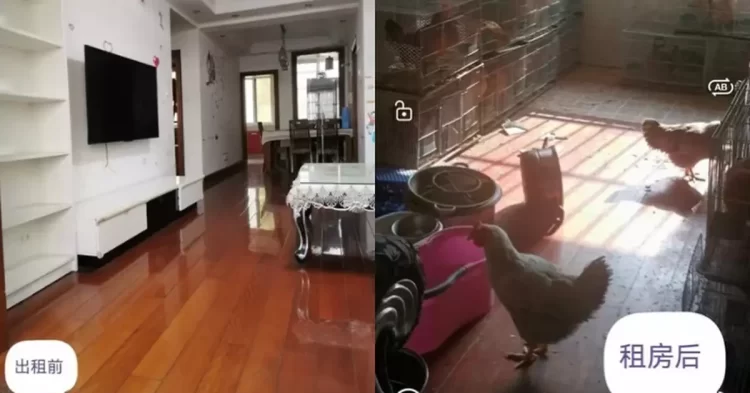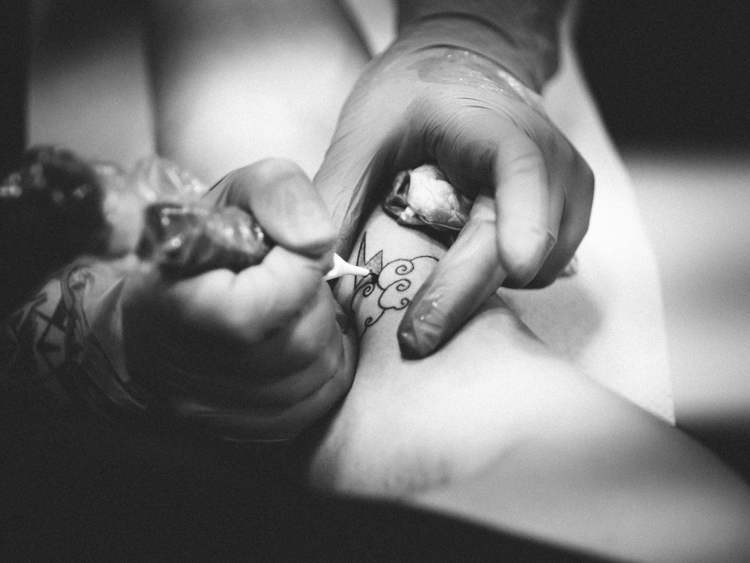Animal leather alternatives like Polyurethane and PVC leather may have solved the fashion industry’s animal cruelty problem, but they are not the most environmentally friendly solutions. Piñatex – a new leather-like material made from pineapple leaves – on the other hand, may just be the all-around eco-leather we’ve all been waiting for.
Piñatex or “vegan leather” is the invention of Dr. Carmen Hijosa and her innovative materials company, Ananas Anam. While working in the Philippines as a consultant to the Product Development and Design Center of the Philippines in the ‘90s, she discovered the properties of pineapple leaf fibers and dedicated her life to creating sustainable alternatives to leather and petroleum-based textiles. After years of research, Ananas Anam has finally come up with what it believes is a viable alternative to animal leather. It recently showcased the versatility of Piñatex during a presentation held at the Royal College of Art in London, where designers displayed various clothing items and accessories made exclusively from the revolutionary material.

This new vegan leather is made from bonded fibers that are extracted from pineapple leaves on plantations by farmers before they are cut up and layered. These fibers than go through an industrial process that yields the innovative Piñatex textile. The canvas-like materials can then be dyed, printed and treated to give it different thicknesses and types of texture, including leather. The production creates a byproduct of biomass which can be returned to the farmers to be used as fertilizer on their plantations. To produce one square meter of medium thickness Piñatex, 480 pineapple leaves are required. That may seem like a lot, but it’s only the leaves from 16 pineapples, leaves which are otherwise just left to rot in the fields after the pineapples are picked.

Piñatex is still in development, and currently includes a non-biodegradable protective top layer for durability, but Ananas Anam is looking into natural alternatives in the hopes of soon making the material fully bio-degradable. Dr. Hijosa admits that it will take some time before vegan leather becomes market ready, but brands like Puma and Camper have already created sample shoes out of Piñatex, and designer Ally Capellino has turned into fashionable bags, and they all turned out quite well. As for how well items made of Piñatex actually perform in real-life usage conditions, that remains to be seen.

To continue her research and hopefully turn Piñatex into a commercially-viable sustainable alternative to animal leather, Dr Hijosa is currently trying to secure more funding for Ananas Anam, of which she is the majority owner. She is also looking into other possible uses for Piñatex, including anti-bacterial wound bandages, as the material would allow air to circulate to an injury, and insulation for homes.

Photos: Ananas Anam
Sources: The Guardian, Dezeen





